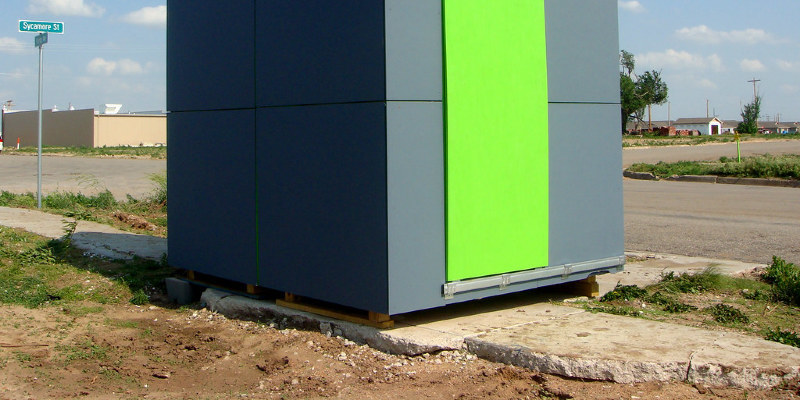Before listing property for lease or looking for lease properties, questions have to be answered. For land owners, the replies specify using the properties. Tenants ask the questions to help them identify appropriate rental properties to match their demands.
Which Type of Rental Property Is It?
Rental kinds include full-time rentals, seasonal rentals and holiday rentals. Full-time rentals are suitable for tenants seeking year-round occupancy. A good illustration of a seasonal leasing is your winter visitor that retreats to warm weather conditions for a period of weeks. A holiday rental home rents for briefer periods and typically includes a greater rate each day than a full-time rental.
How Can it be Furnished?
A full-time rental typically comes unfurnished, yet some do come furnished, including bedroom, living room and dining room furniture. An unfurnished property may or may not include appliances, such as a fridge, washer or dryer. Seasonal and holiday rentals normally arrive completely furnished, with linens and dishware. Even though a furnished full-time rental might not include a tv set or grill, a holiday or seasonal lease often does.
What Utilities Are Included?
Full-time tenants typically pay utilities, including electrical, phone, water, gas and Internet connection. On occasion, a utility might be included in the lease, such as an apartment building with separate yards for the components. Seasonal and holiday rentals often include all utilities, even wireless Internet and a phone line.
Does the Lease Allow Pets?
Some leases make it possible for pets while others don’t. Even those rentals which do allow pets typically have restrictions. The restriction might apply to size, the animal species or breed. Many leasing companies don’t let specific dog breeds, such as pit bulls and Rottweilers.
What Happens Are Needed?
Rental properties normally demand deposits. Deposits might include a security deposit, cleaning deposit or pet deposit. Lease laws vary by state. In California, the landlord is allowed to use the security deposit for four functions: outstanding rent, cleaning, repairs and restoring or replacing supplying or other products. California law doesn’t allow a lease contract to specify that the security deposit is nonrefundable.
